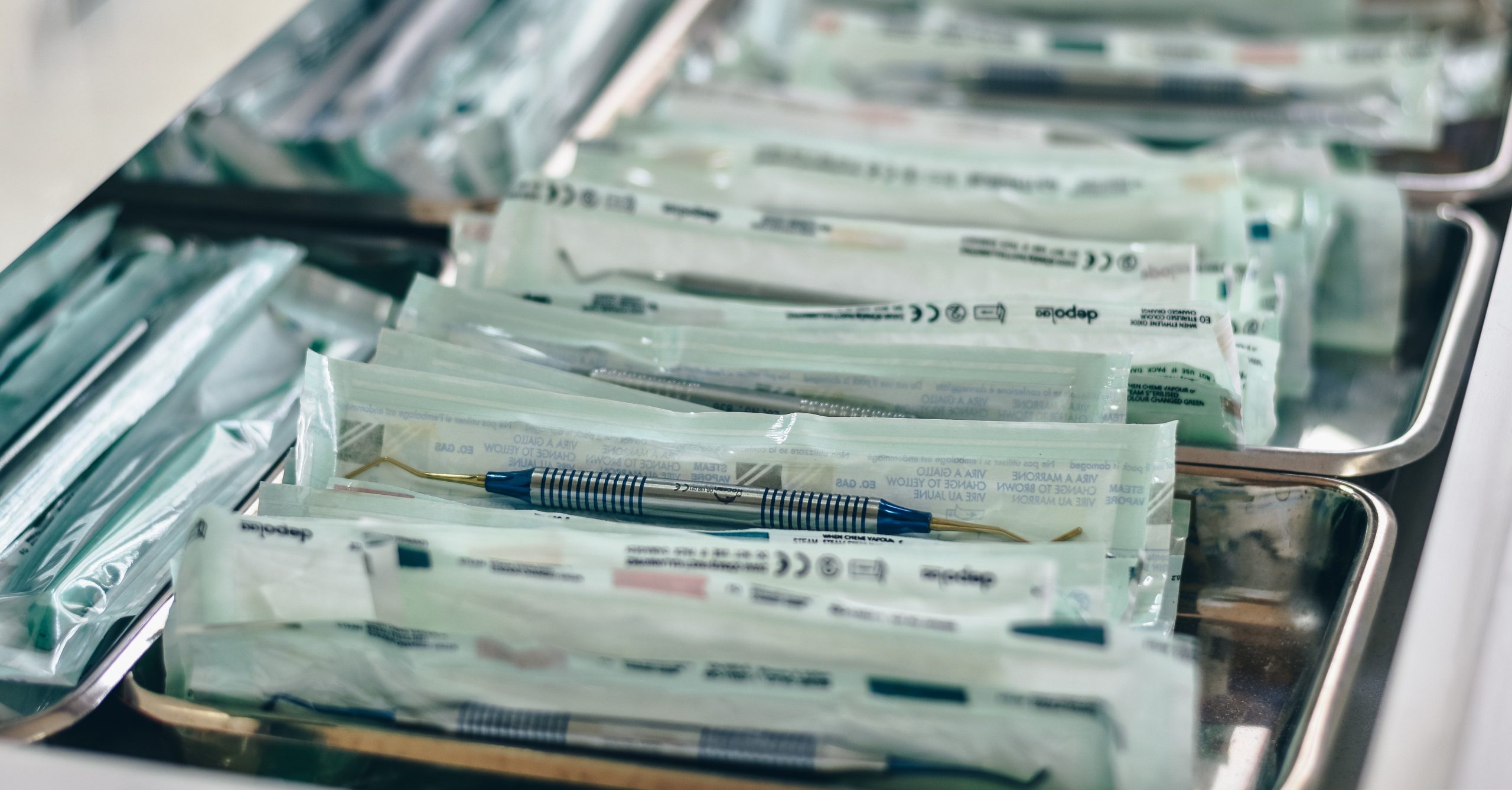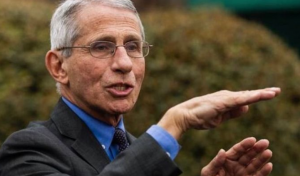The United Nations Children’s Fund (UNICEF) on Monday said that it will stock up 520 million syringes in its repositories to guarantee initial supplies and help ensure availability of syringes in countries before the COVID-19 vaccine arrives.
“As the world awaits a COVID-19 vaccine, UNICEF has begun laying the groundwork for the rapid, safe and efficient delivery of the eventual vaccine by purchasing and pre-positioning syringes and other necessary equipment,” the UN agency said on Monday.
Also read: Israel set to start human trials of COVID-19 vaccine candidate by October-end
Assuming there will be enough doses of COVID-19 vaccines in 2021, UNICEF expects delivering over one billion needles to support COVID-19 vaccination efforts on top of the 620 million syringes that it will purchase for other vaccination programmes against diseases such as measles and typhoid.
“In order to move fast later, we must move fast now. By the end of the year, we will already have over half a billion syringes pre-positioned where they can be deployed quickly and cost-effectively. That’s enough syringes to wrap around the world one and a half times,” UNICEF executive director Henrietta Fore said.
Also read: Bill Gates says India’s research critical to fighting COVID-19, making vaccines
Besides syringes, UNICEF will also purchase 5 million safety boxes so that used needles can be disposed of in a safe manner, thus preventing the risk of needle stick injuries and blood-borne diseases.
“We are doing everything we can to deliver these essential supplies efficiently, effectively and at the right temperature, as we already do so well all over the world,” Fore said.
Also read: COVID-19 vaccine company Vaxart faces federal investigation, sued by investors
Every year, UNICEF provides vaccines for almost half of the world’s children and supplies around 600-800 million syringes for regular immunisation programmes.
COVID-19 vaccines will likely treble or quadruple that number, depending on the number of COVID-19 vaccines that are ultimately produced and secured by the UNICEF.







